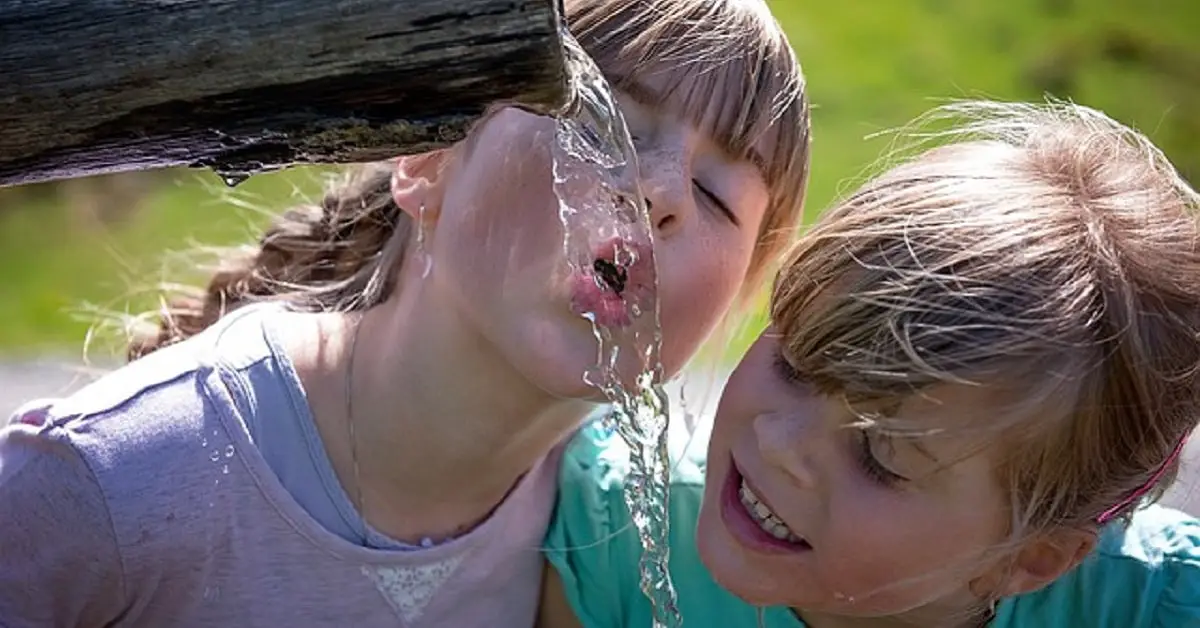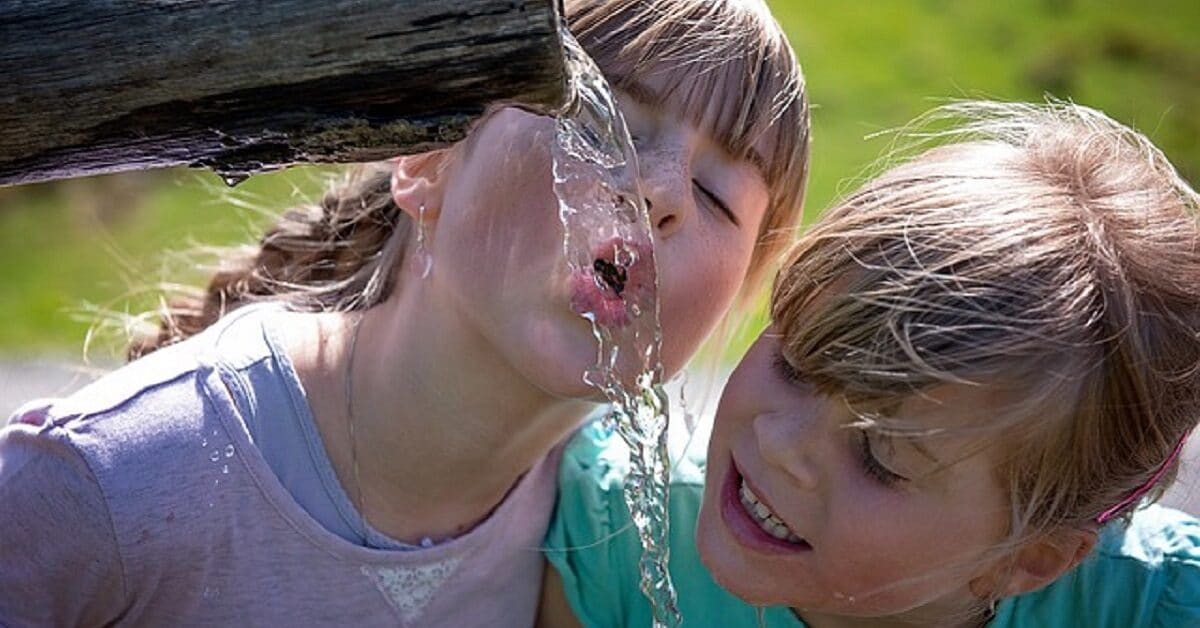
You develop symptoms of dehydration when your body doesn’t have enough water to function optimally.
Water is essential to health and life, and you can’t survive for long without it. The high water content of our bodies indicates the importance of water in maintaining life. The total body water (TBW) of a newborn is up to 80%. It is about 75% in infants, 65% in children, and 60% in adults.
Water is referred to as the universal solvent because it can dissolve many substances, including those that keep our bodies healthy. Your body needs a daily intake of water alongside healthy foods rich in fiber, foods rich in nutrients such as vitamin D, high-quality protein, and minerals, such as blood-forming iron.
Water plays a central role in all biochemical and physiological processes that maintain health. The physiological functions of your body, involving the interaction of an array of substances, such as enzymes, hormones, nutrients, cells, tissues, and organs, take place in a watery environment.
You need water for temperature regulation. Your digestive system needs water to function efficiently. Blood plasma that carries oxygen to your tissues and organs is 91%-92% water.
The kidneys need water to remove toxic wastes. Vital organs, such as the brain and lungs, consist of a high percentage of water. You need water to lubricate your skeletal joints and muscles, and protect vital tissues and organs.
Biological systems cannot survive without water, and if you fail to maintain a healthy fluid balance, you will develop the symptoms of dehydration.
Contents:
Symptoms of dehydration: Water intake vs water loss
Signs and symptoms of dehydration
–Signs and symptoms of mild dehydration
–Symptoms of moderate dehydration
–Signs and symptoms of severe dehydration
Can coffee make you dehydrated?
What is oral rehydration therapy (ORT)?
How much water should I drink daily?
Symptoms of dehydration: Water intake vs water loss
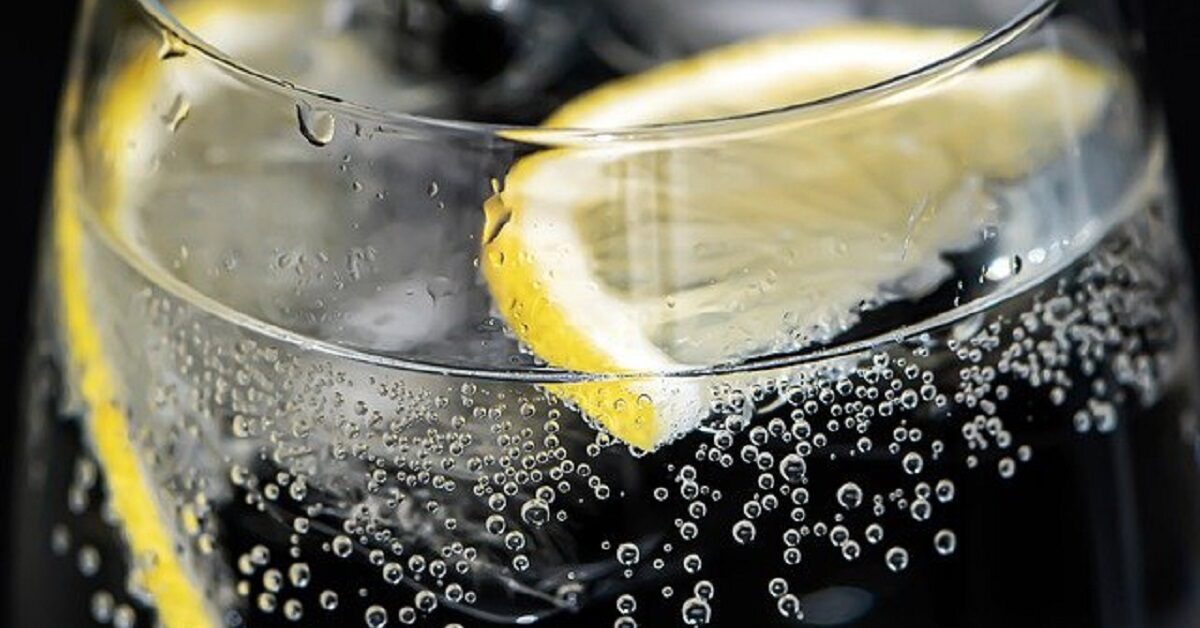
You get the water in your body from the food you eat and the water you drink. You lose it through sweating, peeing, breathing, and pooping. The interaction between water intake and loss is called fluid balance. Doctors closely monitor the fluid balance of their patients because it is a critical factor in health and disease. Fluid balance determines how much water you have in your body at any time.
Dehydration happens when you lose more water than you take into your body. You will likely experience the symptoms of dehydration when water loss exceeds water intake.
Dehydration can be mild, moderate, or severe, depending on the interaction between intake and loss. It can occur under several circumstances of health and ill-health, especially in infants, young children, the elderly, and the sick.
People who drink lots of water are less likely to be dehydrated, but people who don’t drink enough water may become dehydrated.
Our bodies signal that we need to drink water through the thirst sensation. But sometimes, people who live a busy and active life may neglect to replenish their bodies with water.
There are also situations where thirst fails as a reliable signal that we need to rehydrate or drink water. That is more likely to happen in young children, the elderly, and the sick.
Sometimes, people suffering from feverish conditions may not experience the thirst sensation although their body is dehydrated.
Sick people, especially young children, may become dehydrated when they lose their appetite and refuse to eat and drink. Sometimes children with a sore throat may refuse to eat and drink.
The elderly are also susceptible to dehydration because they sometimes lose their sense of thirst and may not experience it even when their bodies have lost lots of water.
Signs and symptoms of dehydration
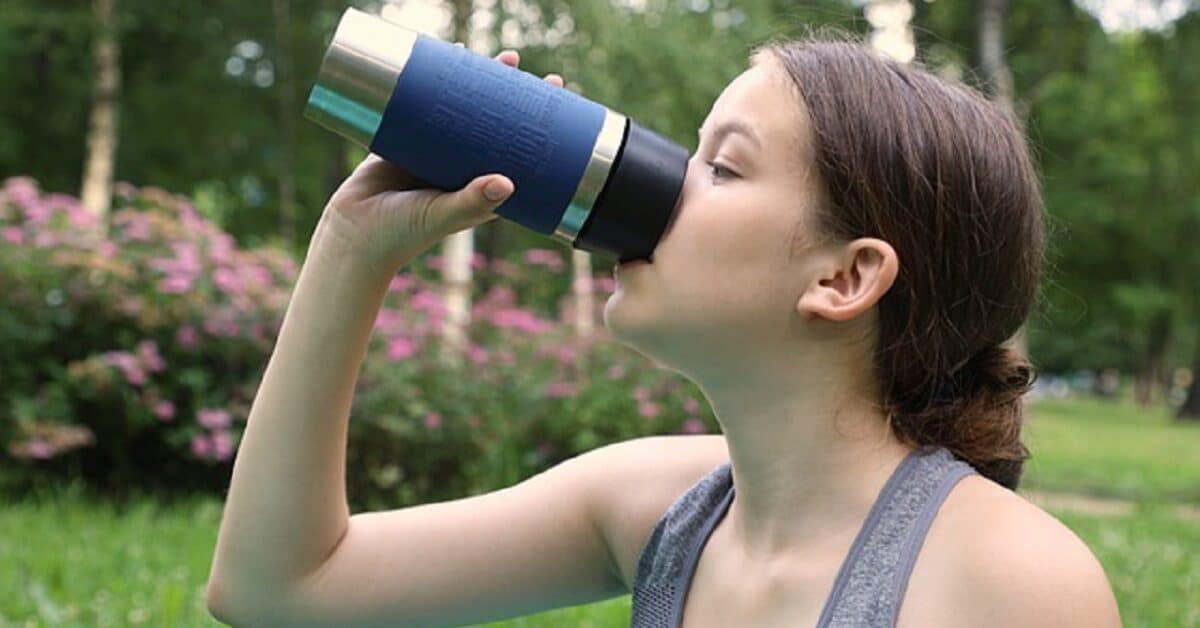
Dehydration involves a decrease in intracellular (inside the cell) and extracellular (outside the cell) fluid volumes, according to Vega and Avva.
It may be mild (3%-5% loss), moderate (6%-10%), or severe (>10%), depending on how much water you have taken and how much you have lost.
According to the CDC, the positive signs of health when you are well-hydrated include:
- A normal state of awareness, wakefulness, and alertness
- Strong and normal pulse rate
- No significant thirst sensation
- Eyes are not sunken
- Skin pinch test for turgor is normal: The skin in the back of the hand, abdomen, or lower arm is pinched and raised for some seconds and then released. In healthy, well-hydrated individuals, the skin shows normal elasticity by immediately returning to its normal state
Signs and symptoms of mild dehydration
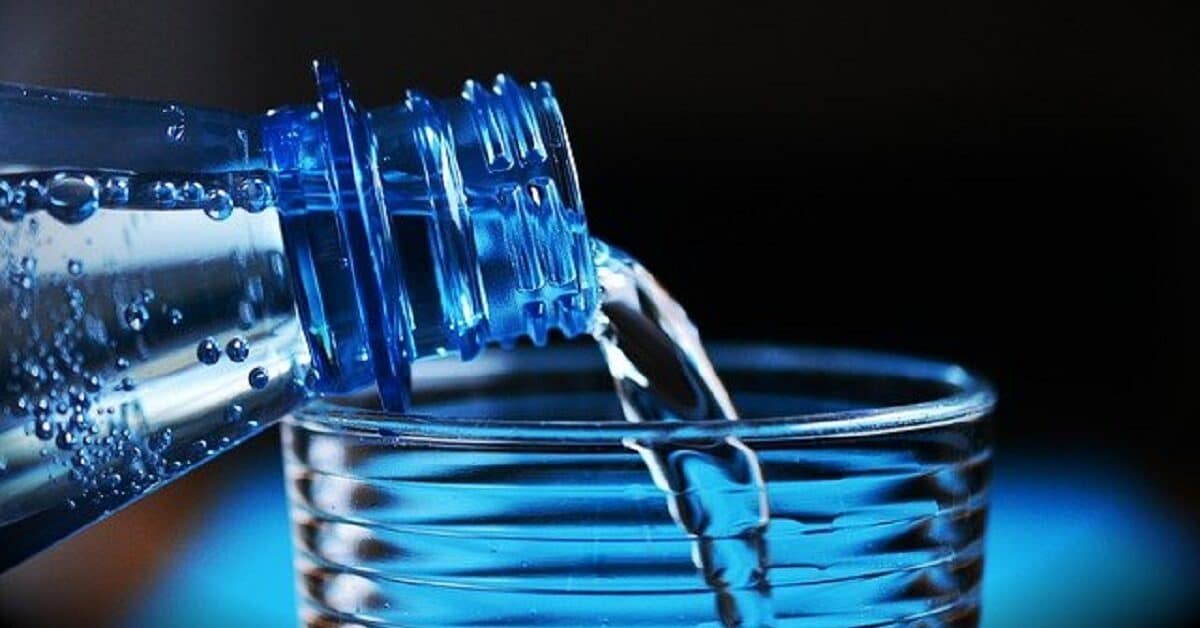
You may not experience any noticeable signs and symptoms when only mildly dehydrated. But by the time you are feeling noticeably thirsty, you are likely mildly dehydrated. Thirst is the body’s way of signaling the onset of low fluid levels and the need to drink water. You shouldn’t ignore the thirst sensation. Drink water immediately you feel thirsty.
The signs and symptoms of mild dehydration may, in some cases, also include:
- Headache
- Tiredness, weakness, or fatigue
- Dizziness
- Slightly dark yellow urine
According to Vega and Avva, the signs to look out for as indicators of the degree of dehydration in infants and young children include:
- Mental state
- Heart rate
- Pulse rate
- Capillary refill: This refers to the time taken for color to return to a capillary bed (network of tiny blood vessels that connect arterioles and venules) after pressure is applied to induce blanching. Capillary beds are in parts of the body, such as the finger pulp (the fleshy part near the tip of the underside of the finger)
- Blood pressure
- Respiratory rate
- Condition of the eyes
- Fontanelle: This refers to the gaps in the bones of an infant’s skull (they may appear sunken in dehydrated infants)
- Urine output
Mild dehydration may be difficult to detect in infants and young children because they can’t tell you how they are feeling, and all the observable signs may appear normal. Caregivers, therefore, need to observe young children closely and give fluid at regular intervals.
Please remember that irritability, restlessness, and incessant crying may be due to thirst.
Symptoms of moderate dehydration

Symptoms of moderate dehydration, according to the CDC, include:
- Thirst
- Reduced alertness
- Irritable or restless
- Sunken eyes
- Rapid pulse
- Skin pinch test for turgor: Skin shows reduced elasticity or turgor by returning to normal state slowly
Signs and symptoms of moderate dehydration in infants and children, according to Vega and Avva, include:
- Listlessness, irritability
- Increased heart rate
- Decreased pulse
- Prolonged capillary refill
- Rapid breathing (tachypnea)
- Slightly sunken eyes
- Decreased urine output
- The fontanelles may appear sunken
- Blood pressure may be normal
According to Shaheen et al., signs of moderate dehydration that an adult may notice include:
- Extreme thirst
- Dry mouth and tongue
- Lethargy
- Fatigue
- Dry skin
- Decreased peeing
- Dark pee
- The skin may be unusually cool and dry
- Headache
- Muscle weakness and cramps
- Dizziness and lightheadedness
There may also be observable changes in the mood and mental state, such as:
- Inability to focus or concentrate
- Memory disturbances
- Irritability, anxiety, and agitation
Signs and symptoms of severe dehydration
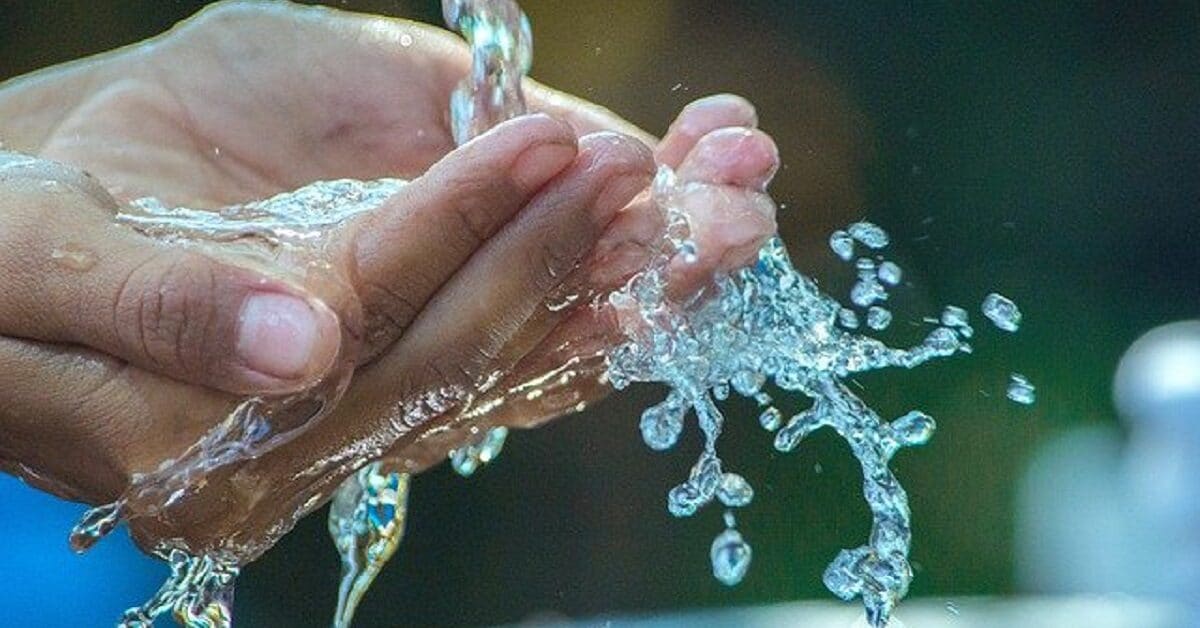
Severe dehydration is a medical emergency. It may lead to death if not treated immediately. While you can treat moderate dehydration with oral rehydration therapy (ORT), people suffering from severe dehydration need emergency medical attention.
According to the CDC, the general signs of severe dehydration include one or more of the following danger signs:
- Lethargy, reduced consciousness, or unconsciousness
- Weak or absent pulse
- Respiratory distress
And at least two of the following signs:
- Sunken eyes
- Inability to drink fluids or poor intake of fluids
- Skin pinch test for turgor: Skin shows poor elasticity or turgor by returning to normal state very slowly
The signs and symptoms of severe dehydration — according to Shaheen et al. — include
- Sunken eyes
- Lack of tears
- Sunken fontanelles in infants
- Hypotension
- Tachycardia
- Altered mental state, including confusion, irritability, delirium, fainting, or loss of consciousness
- Less urination, no urination, or very dark-colored urine
Signs may also include:
- Extreme weakness, fatigue, or tiredness
- Unusual sleepiness or drowsiness
- Dry cough
- Dry skin
- Swollen limbs,
- Muscle cramps,
- Chills
- Flushed skin
- Constipation
The symptoms of severe dehydration in children, according to Vega and Avva, include:
- Altered mental state
- Increased heart rate
- Thready (slight, weak) pulse
- Prolonged capillary filling
- Decreased blood pressure
- Rapid respiration (Tachypnea)
- No tears when crying
- Listless, irritable
- Weakness, lack of energy
- Sunken fontanelle
- Oliguric (low) urine output/Dark-colored urine
What causes dehydration?
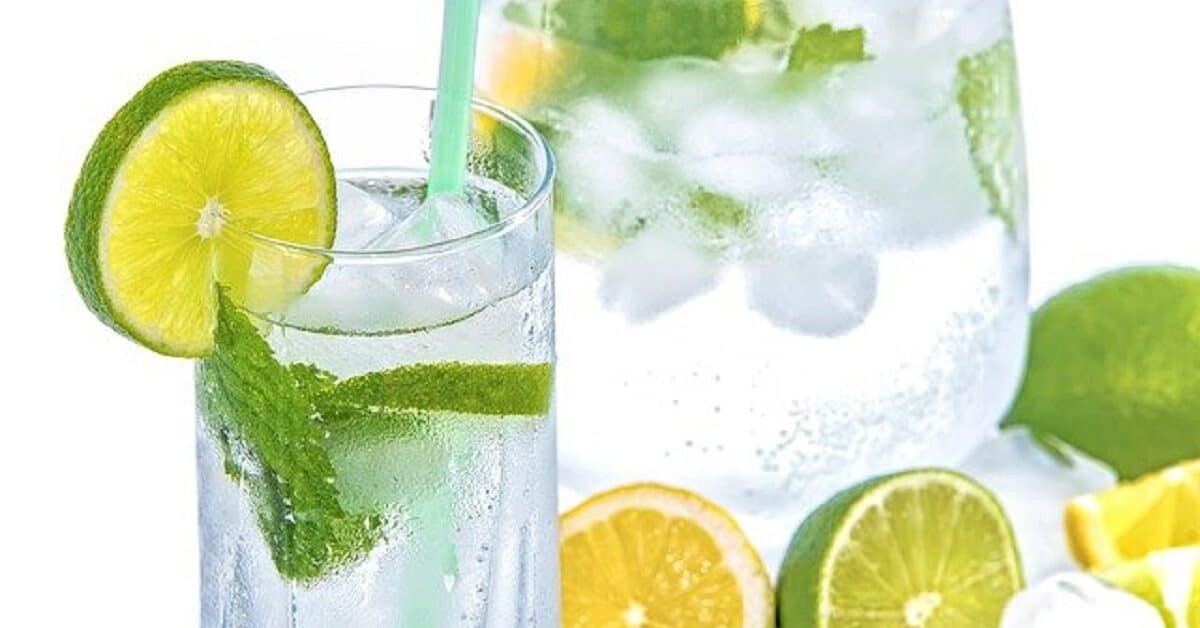
Vigorous or high-intensity physical activity that causes heavy sweating or perspiration may lead to dehydration, especially when the lost fluid is not replaced immediately through food and water.
Dehydration may also occur under hot and dry weather conditions. When exposed to hot conditions that raise your body temperature, perspiration or sweating increases to dissipate excess heat and cool your body. The cooling occurs through the evaporation of sweat from the skin. However, increased sweating may lead to dehydration when not immediately replaced by drinking water.
In hot and humid conditions where sweat fails to evaporate from the body due to excessive moisture in the air, heat exhaustion and heat stroke can complicate fluid loss due to the body overheating.
Dehydration may also occur during exposure to dry sauna conditions for the same reasons as in hot and dry weather conditions. Dehydration in a sauna may be severe enough to cause measurable weight loss.
Health conditions that cause diarrhea (watery stool), vomiting, and increased peeing, make you more likely to become dehydrated. Severe diarrhea, vomiting, and increased peeing may lead to dehydration if the lost fluid is not replenished.
Infants and young children are more likely to experience vomiting and diarrhea during bouts of feverish illness. Therefore, parents and caregivers need to pay attention to a sick young child’s condition.
Some drugs, such as diuretics (water pills), may increase peeing. Diuretics are drugs that reduce blood pressure by increasing the body’s excretion of sodium through the urine. The increased production of urine may lead to significant fluid loss.
Drugs that cause hyperhidrosis (excessive sweating) — opioids, selective serotonin reuptake inhibitors, cholinesterase inhibitors, and tricyclic antidepressants — may lead to dehydration.
People with chronic illnesses, such as kidney problems, cystic fibrosis, and diabetes, are also at risk of a negative fluid balance.
Diabetes (type 1 and type 2) causes increased peeing and may cause dehydration if you don’t restore fluid balance by drinking water.
Can coffee make you dehydrated?

Caffeine is a mild diuretic, and some have expressed concern that drinking lots of it could cause dehydration.
Although some avoid coffee due to fears that it may cause dehydration, studies suggest it does not have a significant effect on fluid balance.
Maughan and Griffin noted that although caffeine has a mild diuretic effect, taking small or moderate quantities does not have a significant effect on fluid balance in healthy individuals.
While large doses of coffee may increase urine output — especially in people who haven’t taken coffee or caffeine for several days or weeks — it does not cause fluid loss that is more than the volume of fluid taken with the coffee. The authors also noted that people who take caffeine regularly develop tolerance to its diuretic effect. It does not have a significant effect on their fluid balance.
Zhang et al. also concluded that concerns about the effect of coffee on fluid balance were unwarranted because the diuretic effect of coffee is mild. The authors concluded that moderate consumption of coffee does not have a significant impact on fluid balance.
When to call your doctor
Severe dehydration in men, women and children is a life-threatening condition. You need to get professional help immediately if the signs and symptoms include those of severe dehydration:
- Confusion
- Fainting or loss of consciousness
- Lack of urination
- Rapid heartbeat
- Weak or absent pulse
- Respiratory distress
- Rapid breathing
- Refusal to take fluid, low fluid intake, and inability to keep down fluids
- Black or bloody stool
- Skin pinch test indicates severe dehydration
- Shock
You need to get help if your child has had diarrhea for more than 24 hours, showing signs of sleepiness, drowsiness, or lack of energy. Your physician will ask you for the signs and symptoms you have observed, check the child’s vital signs, and may order tests to check electrolyte levels.
What is oral rehydration therapy (ORT)?
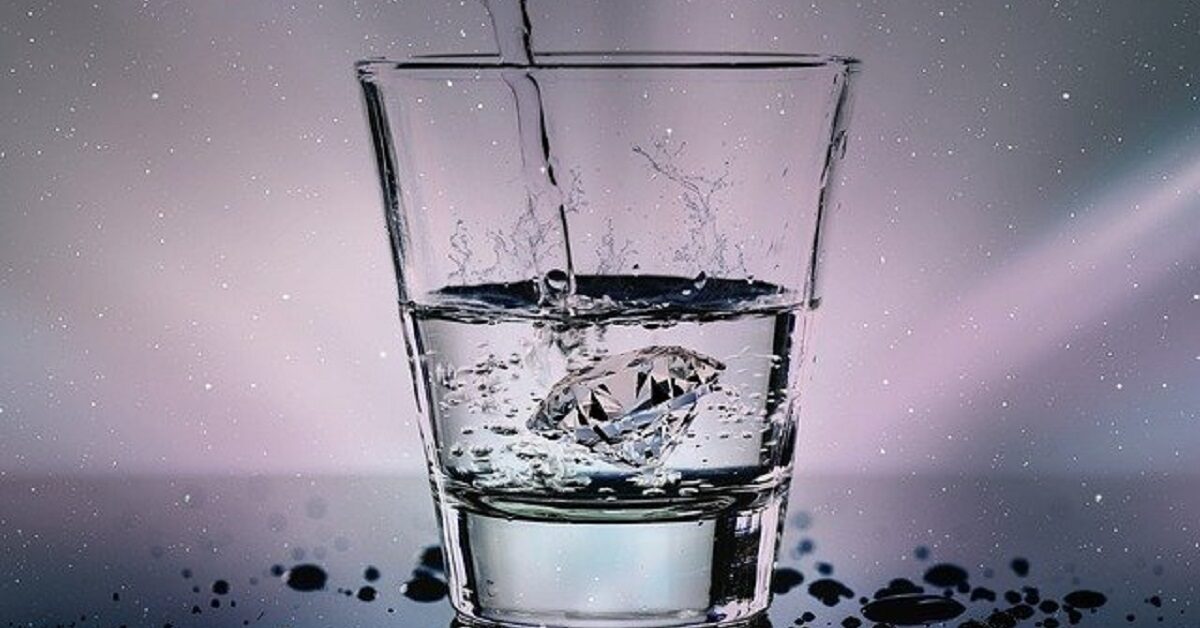
Mild-to-moderate dehydration can be treated by administering oral rehydration therapy (ORT).
ORT involves the use of oral rehydration solution (ORS) to reverse the signs and symptoms of dehydration and restore fluid balance. Prepackaged ORS containing the right mix of glucose and electrolytes (potassium, sodium, chloride, magnesium, and phosphorus) are available at pharmacists. To make the solution, mix with the prescribed amount of safe drinking water and apply as directed by the manufacturer or your physician.
Where prepackaged ORS is not available, you can make ORS at home using 6 level teaspoons of sugar and one-half teaspoon of salt in a liter of safe drinking water. You must not add too much sugar to the preparation because it can worsen diarrhea and fluid loss. You must also take care not to add too much salt because it could harm the child’s health.
Your healthcare provider may resort to intravenous (IV) rehydration in severe cases when the patient has:
- Stupor
- Coma
- Uncontrollable vomiting
- Extreme fatigue and is refusing to eat or drink
How much water should I drink daily?
To maintain good health, you must replace the water you lose through peeing, pooping, breathing, and sweating by drinking plenty of water. According to the CDC, if you are tyring to limit your intake of calories, it is best to drink plain water because it has zero calories.
The total amount of water you take daily comes from the foods you eat and the fluids you drink. The recommendation of daily fluid intake depends on age, sex, and body weight. Pregnant and breastfeeding women also need to take plenty of water.
The Institute of Medicine (IOM) recommended a daily total intake (from foods and liquids) of 3.7 liters of water (125 ounces) for men and 2.7 liters for women (91.3 ounces). These are equivalent to about 15.5 cups of water daily for men and 11.4 cups for women.

